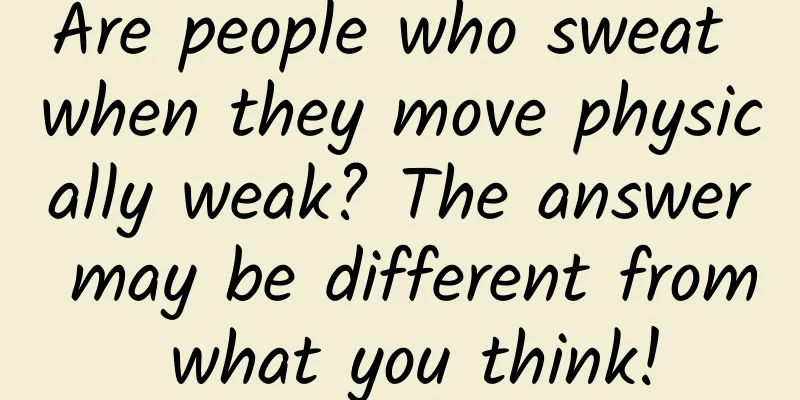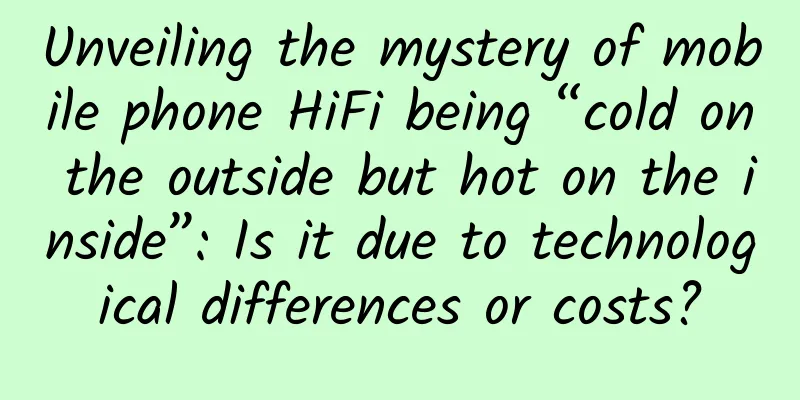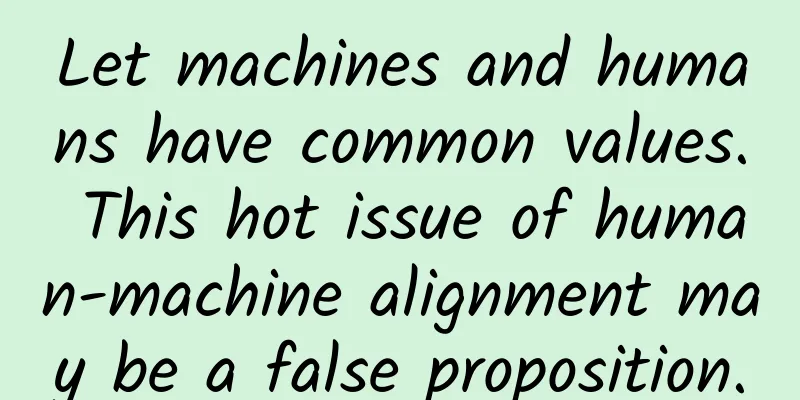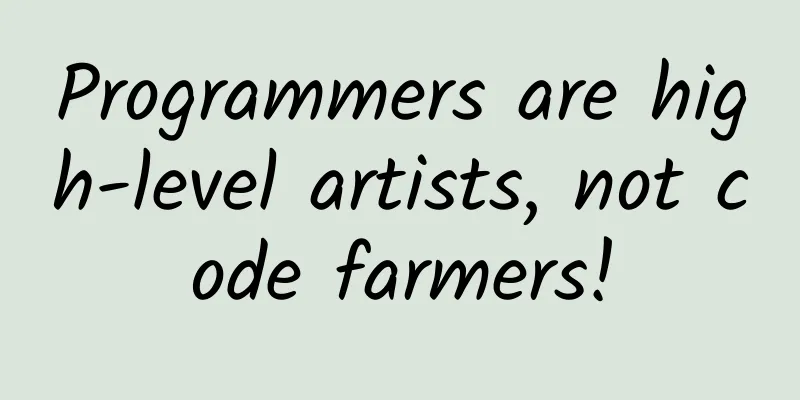CCTV vs. Apple: How to define online privacy?
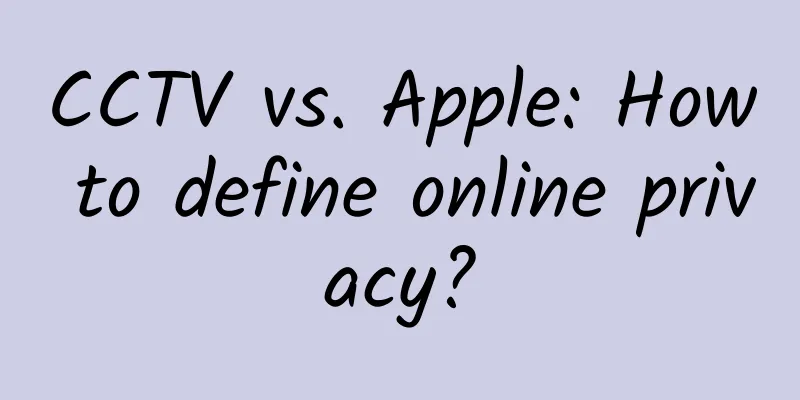
|
CCTV is fighting Apple again, but unlike the last time, this time it did not receive the same unanimous condemnation as the last time after the after-sales problems were exposed, because public opinion clearly formed two different voices. Many ordinary users of Apple phones expressed unusual surprise, doubt and even anger after learning that Apple can record addresses when GPS is not turned on, and found these address information according to the report. Most of this doubt and anger came from the lack of the right to know "Why don't I know it is recording these things?". On the other hand, the other group of Apple fans clearly supported Apple and expressed full trust that Apple would not use these records for other purposes. Apple's reaction speed was also much faster than the last 315 repair terms incident, and it quickly responded: Thank you CCTV for your supervision, but we really did not give the address information to others. Singing the same tune is quite interesting, but behind the whole incident, a deeper problem is highlighted: how to define privacy and how to define what is "stealing privacy". The concept of "whatever CCTV reports is what we oppose" has become the creed of most netizens after experiencing various "distrust reports" from central media. I personally dislike this kind of view of events that is in line with the "two whatevers" during the Cultural Revolution. So let's start with every detail of CCTV's report: 1. Did Apple record addresses without informing consumers in advance? Yes, this fact does exist. And some apps did not show the prompt "to use your location information" - this is a key point of this report, and it is true. 2. Is this address information enough to constitute a private record? Is "where I have been" a "private" information? Most consumers who did not know that iOS devices would record almost immediately agreed that this is the key to the problem. In fact, the key to the problem is that consumers are informed by third-party media without knowing that you have done this. It turns out that Apple has done something you don't know about, and it is related to you. In this case, even if these address information has no value for third parties, consumers will regard it as a "privacy leak". From the definition of "privacy", these address information varies from person to person and cannot all constitute "privacy" attributes. But this information can be easily viewed and obtained, giving some criminals the opportunity to use it for illegal purposes that ordinary people may not be able to imagine. In this sense, this information may lead to a "privacy leak". Note: it is possible. The biggest point of contention is in the last part of the news report: CCTV pointed out that these messages may constitute security information (even rising to national security) and be obtained by illegal organizations, and cited the news reports that Google and Apple had previously recorded personal privacy information privately. These subsequent news citations and the comments in this paragraph have aggravated the insecurity of some Apple users. Apple's response statement is also mainly oriented to this part: First, Apple admitted the fact of recording user address information, and gave a reason of "improving user experience" - CCTV's report was not false. Then Apple's response focused on the affirmative response of "Although I have recorded the user's address information, I will never hand this information over to any third party", and even pointed out that this information will not even be uploaded through iTunes and iCloud, but only stored on the local computer. However, Apple did not make any corresponding explanation for the second point mentioned in our previous analysis - if you were Apple, you would definitely not explain this, because you would definitely feel that how this information is used has nothing to do with me. All information can be used for good or bad. Apple believes that it has used this information for good, but if other people use this information for bad, Apple can also shirk responsibility completely - logically, this is not wrong, although it really doesn't sound so comfortable. In the exchange, we can clearly see the focus of the two statements. First, the CCTV report is true, but based on the recent close Sino-US relations (you know), the argument needs to be expressed in this way - this is not surprising, because if you look at the attitude of the US media towards Huawei, you can understand the attitude of the Chinese central media towards Apple. Secondly, although Apple has overseas privacy lawsuits and Snowden's privacy revelations, according to Apple's statement that "we are indeed not a company that relies on this information to generate revenue", we do not make any additional interpretations and choose to believe it. It is worth discussing more deeply how we define what is "privacy" and what kind of scenario constitutes "privacy leakage". Privacy is also a kind of information. As mentioned earlier: every kind of information has multiple possibilities - it is worthless to some people, it can be used as a benefit to some people, and some people can use it to seek illegal benefits. It is often in the last situation that more people will "unreservedly" define it as privacy. For example, in the same shopping, I bought a mobile phone and happily shared it on social networks. I would not consider this information as private - although it is personal behavior and action information related to the individual; but if the information about my purchase of the mobile phone is leaked from the shopping website without my knowledge, and some criminals start to push service advertisements related to this mobile phone, most people will regard it as "privacy leakage" - in fact, the information itself is exactly the same, depending on the recognition of the party involved in this private information and the subsequent behavioral impact. For the same shopping, buying a mobile phone and buying a sex toy, I think more people will not regard it as information with the same privacy coefficient - even if the former is leaked by the shopping website, I may just stay at the stage of being angry; if your colleague accidentally finds out that you bought a sex toy from the leaked information, it is not just a matter of anger, right? Back to the Apple incident itself, we do not have clear evidence to prove that Apple abused these private location information for other purposes, and Apple really used these location information to improve some of the user convenience experience - although the experience is not obvious enough. But again, because this information is very easy to obtain, it is not ruled out that it can be obtained by malicious third parties and used for illegal purposes (for example, after the phone is lost, the thief can easily find your home address by checking the information). Therefore, the first point mentioned by CCTV is correct, that is, it reminds more users of the fact that Apple records information. In this regard, Apple should review the transparency of its privacy disclosure. The latter point has been analyzed before, and everyone understands it, so there is no need to panic. The most important thing is that Apple provides the option to turn off the recording of common location locations, which can be regarded as giving users the right to choose - although a large number of users do not know about this. If you are very insecure about this practice of recording common location locations, or hate this because of this opaque behavior, turning off this option is a feasible solution. This is also a solution. Finally, I still want to say the key point: in the Internet age, there is no complete privacy. When you see that the things you want to buy on Amazon have been recommended in different categories and you find it very convenient; when you log in to a social platform and find it very convenient not to use a password; when you find that the weather forecast on your mobile phone changes synchronously with you when you are on a business trip without manual adjustment... the broad "privacy" information has been used by the service providers here, but the consequence of these things is that they bring you convenience, so you will not think that these are troublesome "privacy leaks". Therefore, since the broad "privacy" - personal information, has no complete protection in the Internet age, we can only require a more self-disciplined code of conduct: service providers give consumers full right to know, let consumers know about obtaining information, and what the information is used for, and provide functions that consumers can trust to use authorized personal information to bring convenience. And through this report by CCTV, it can also promote the public's discussion and reflection on the real boundaries and use of privacy - to be honest, in comparison, Apple has actually done well enough. Among the mixed Android phones, which app really dares to say that I don't use your personal information for some weird purposes? As a winner of Toutiao's Qingyun Plan and Baijiahao's Bai+ Plan, the 2019 Baidu Digital Author of the Year, the Baijiahao's Most Popular Author in the Technology Field, the 2019 Sogou Technology and Culture Author, and the 2021 Baijiahao Quarterly Influential Creator, he has won many awards, including the 2013 Sohu Best Industry Media Person, the 2015 China New Media Entrepreneurship Competition Beijing Third Place, the 2015 Guangmang Experience Award, the 2015 China New Media Entrepreneurship Competition Finals Third Place, and the 2018 Baidu Dynamic Annual Powerful Celebrity. |
>>: TDD and FDD in the eyes of technology geeks: 4G frequency is the lifeblood
Recommend
The automotive industry is uneasy due to the double points policy for passenger cars
Recently, the "Measures for the Parallel Man...
BYD Auto: BYD D9 sales reached 10,526 units in April 2023, firmly ranking first in sales of new energy luxury MPVs above RMB 300,000
According to official data from BYD Auto, in Apri...
E-commerce 618 | How to design posters for information flow promotion ads?
With the hot Internet e-commerce launching variou...
Product operation and promotion: plan a real event!
Planning is also a basic ability of operation. No...
WhatsApp will allow transfer of chat history between iOS and Android devices
Mobile messaging app WhatsApp is adding the abili...
Is Android a closed-off degenerate or a self-redemption? Talking about the huge changes in Android 10
Since the birth of Android, one of its major adva...
Meandering: The Yellow River's posture in Sichuan
A meander, also known as a river bend or a snake-...
What? High heels are for men?!
This article was reviewed by Tao Ning, PhD, Assoc...
This set of blockbusters shot by Wang Yaping is shocking!
November 18 Wang Yaping, an astronaut on the Shen...
How to cook a chicken with bare hands? Beat the chicken for 13 hours and 37 minutes
As a good friend of mankind, chickens are of grea...
How to remove the domain name suffix index.html in the DEDECMS Dreamweaver template?
Friends who have just used DedeCMS to build websi...
Action sci-fi movie "Ready Player One" HD 1080P with Chinese and English subtitles
The story takes place in 2045, and virtual realit...
Google Chrome VS Microsoft Edge: Which is faster?
The official launch of Windows 10 also brought Mi...
What is Mini Program traffic exchange? How does traffic exchange work in WeChat Mini Program?
Q: What is the Mini Program exchange? A: Mini Pro...
The AR technology strongly promoted by Apple iPhone X is 20 years old this year, and BAT has also played with it
1. Combining virtual and real 2. Real-time intera...

